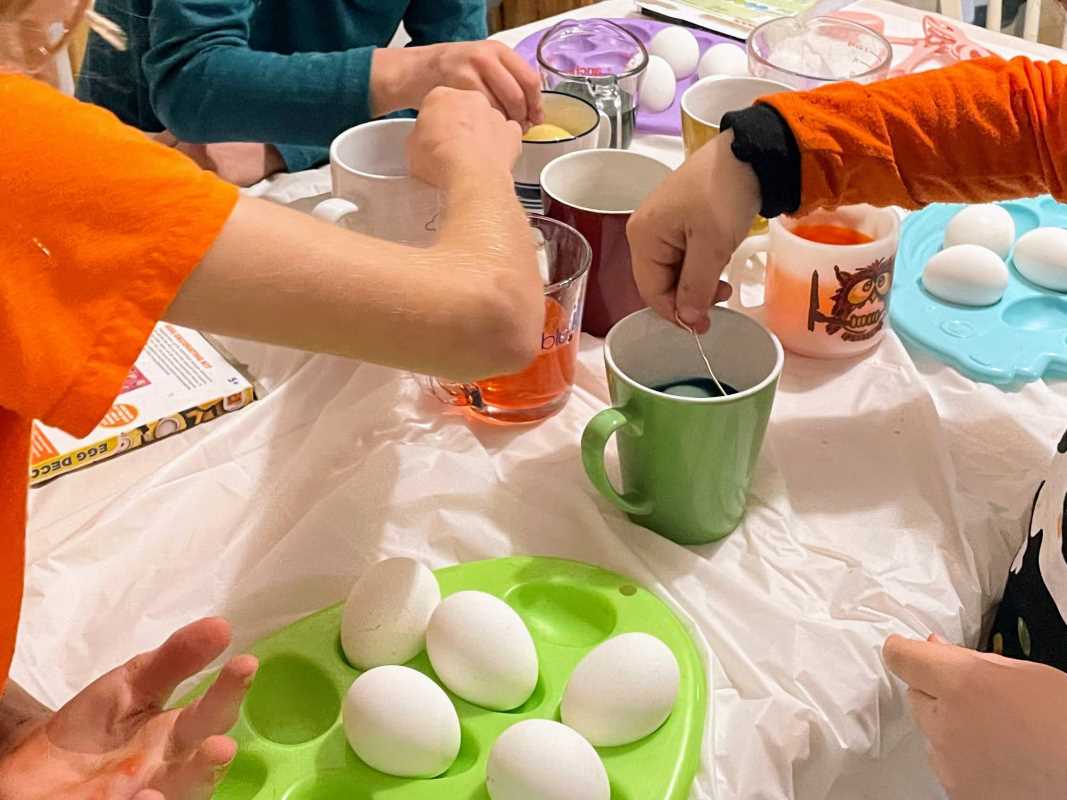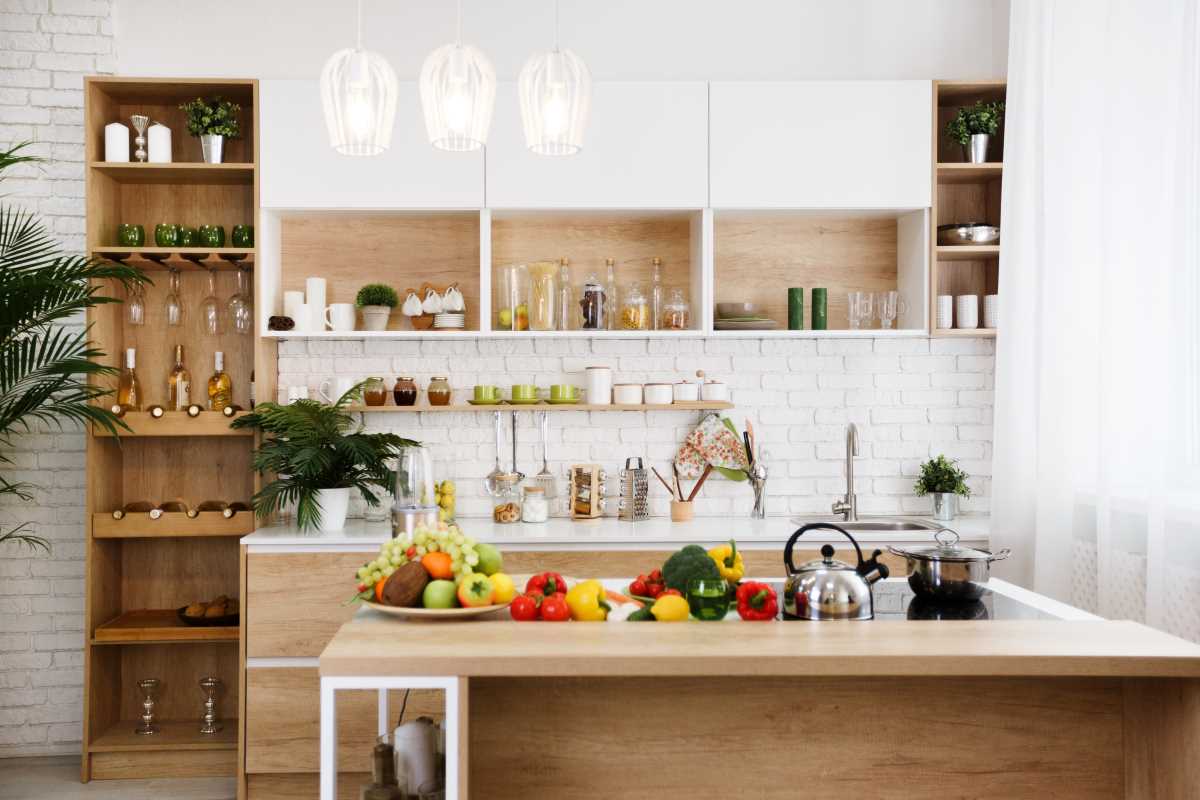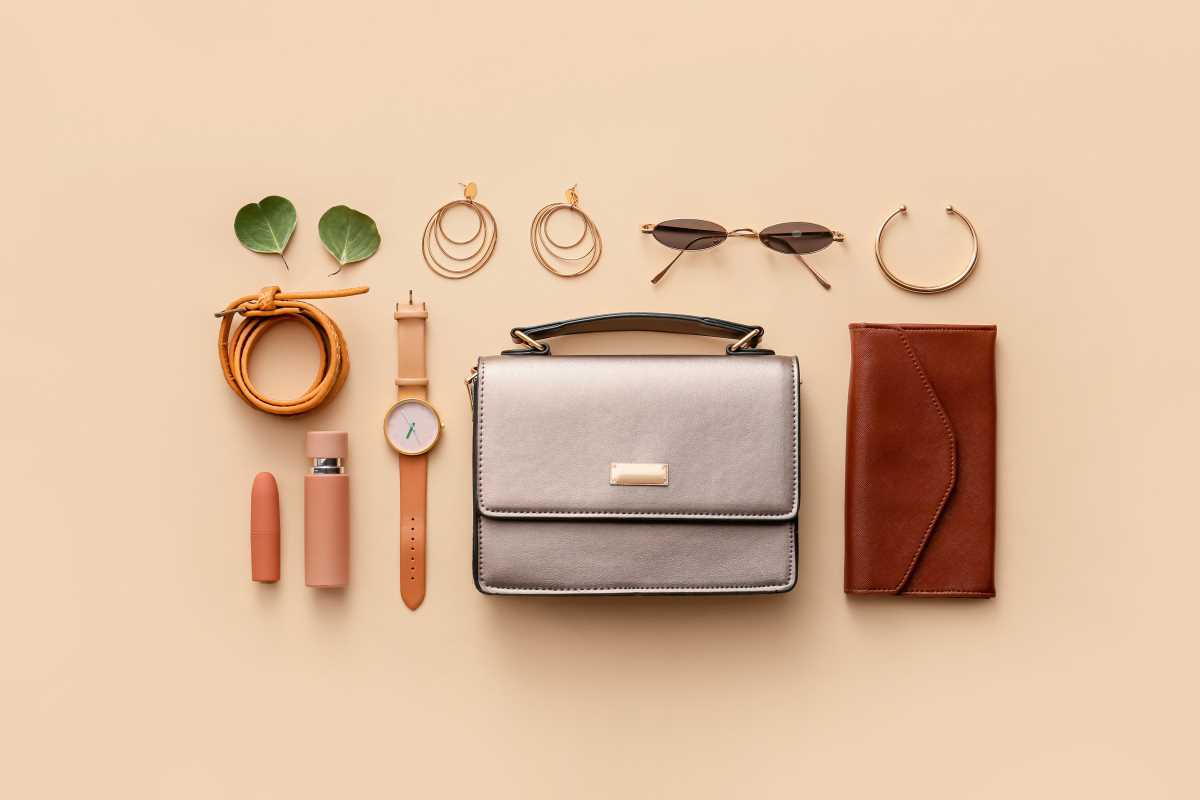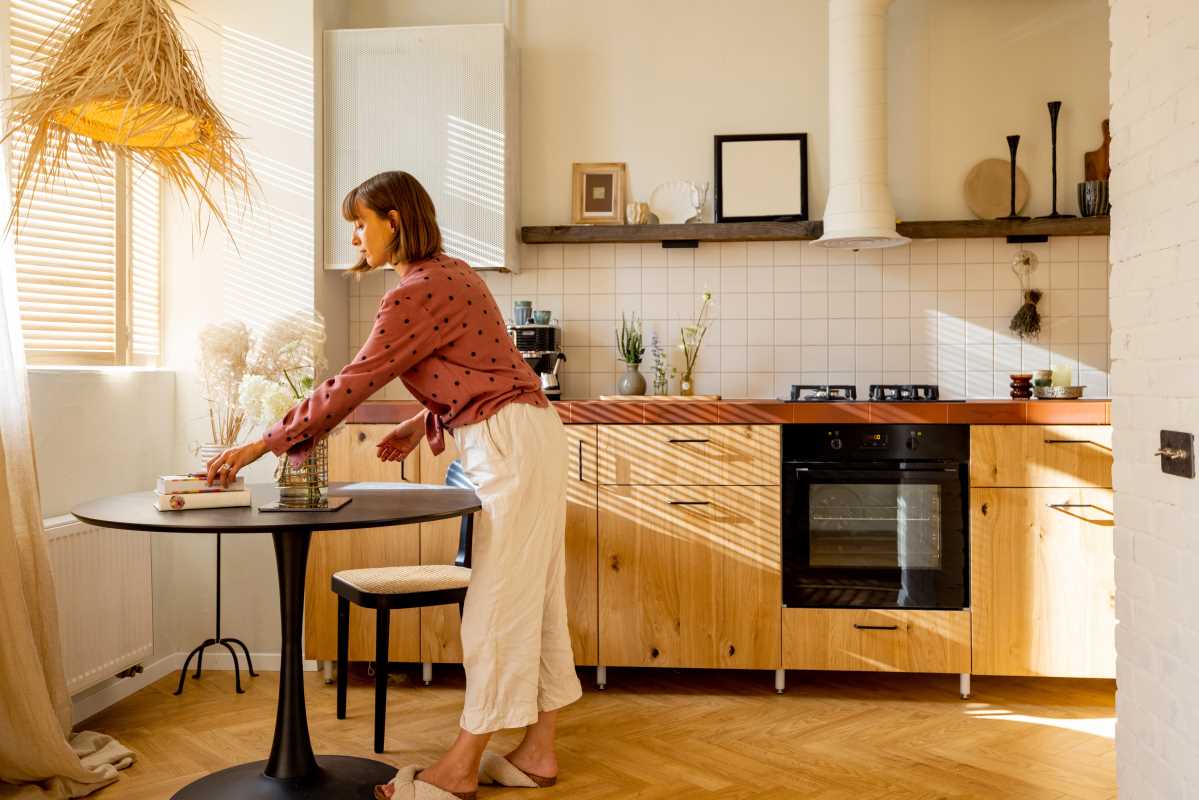Embarking on a DIY project is a fulfilling way to express creativity, personalize your space, and reduce costs. But have you ever considered the environmental impact of the materials you choose? Shifting towards eco-friendly materials benefits the planet and adds a unique touch to your creations. Let’s dive into how you can create with a conscience and make a positive difference through your DIY endeavors.
As the world becomes more conscious of sustainability, the demand for eco-friendly materials in DIY projects has surged. These materials offer a greener alternative to traditional options, ensuring that your projects contribute to a healthier environment. Whether you're a seasoned DIY enthusiast or just starting out, understanding and utilizing eco-friendly materials can transform your crafting experience.
The Importance of Eco-Friendly Materials
- Environmental Impact: Traditional materials often involve harmful manufacturing processes that contribute to pollution and resource depletion.
- Health Benefits: Eco-friendly materials are free from toxic chemicals, making them safer for both you and your family.
- Longevity and Durability: Sustainable materials are typically more durable, reducing the need for frequent replacements and minimizing waste.
- Support for Ethical Practices: Choosing eco-friendly materials often means supporting companies that adhere to fair trade and ethical manufacturing standards.
- Aesthetic Appeal: These materials often have unique textures and natural finishes that add character and beauty to your projects.
Popular Eco-Friendly Materials
- Bamboo: Known for its strength and versatility, bamboo is a renewable resource that grows rapidly, making it an excellent choice for furniture and decorative items.
- Recycled Wood: Salvaged from old buildings and discarded furniture, recycled wood adds a rustic charm and reduces the demand for new lumber.
- Eco-friendly Materials: This broad category includes organic cotton, wool, and other natural fibers that are sustainable and biodegradable.
- Cork: Harvested from the bark of cork oak trees without harming them, cork is lightweight, water-resistant, and perfect for crafts like bulletin boards and coasters.
- Recycled Metal: Utilizing scrap metal not only gives it a second life but also reduces the environmental burden of mining new metals.
Benefits of Eco-Friendly DIY Projects
Engaging in eco-friendly DIY projects offers numerous advantages beyond environmental conservation. One of the primary benefits is the positive impact on your health. By avoiding materials laden with toxic chemicals, you create a safer living space for yourself and your loved ones. This is especially important in projects like furniture making or renovating home interiors where materials are in close contact with daily activities. Eco-friendly projects often encourage creativity and innovation. Working with sustainable materials can inspire unique design solutions and foster a deeper connection with the crafting process. Knowing that your efforts contribute to a larger cause adds a sense of purpose and satisfaction to your projects, making the DIY experience more rewarding.
Inspiring DIY Project Ideas
- Upcycled Furniture: Transform old chairs or tables with eco-friendly paints and finishes to give them a new life.
- Terrariums: Use recycled glass containers to create miniature ecosystems that add a touch of greenery to any space.
- Reclaimed Wood Shelves: Build stylish shelving units using salvaged wood, perfect for displaying books and decor.
- Bamboo Utensil Holders: Craft functional and attractive holders from bamboo, ideal for organizing your kitchen tools.
- Cork Coasters: Design and personalize coasters using cork, adding both functionality and a natural aesthetic to your home.
Tips for Sourcing Sustainable Materials
Finding eco-friendly materials doesn't have to be challenging. Start by exploring local thrift stores, salvage yards, and community markets where you can find pre-loved items and repurposed materials at affordable prices. These places often stock a variety of materials that can be creatively adapted for your projects, reducing the need for new resources. Another effective strategy is researching and connecting with suppliers specializing in sustainable and ethically sourced materials. Online platforms and eco-friendly craft stores offer a wide range of options, from organic fabrics to recycled metals. Building relationships with these suppliers can provide you with valuable insights and access to high-quality materials that align with your environmental values.
Embracing eco-friendly materials in your DIY projects is a meaningful way to contribute to a sustainable future. Not only do these choices benefit the environment, but they also enhance the quality and uniqueness of your creations. Next time you embark on a crafting journey, consider the materials you use and opt for options that reflect your commitment to making a positive impact. Let's create with a conscience and build a greener, more beautiful world together.







